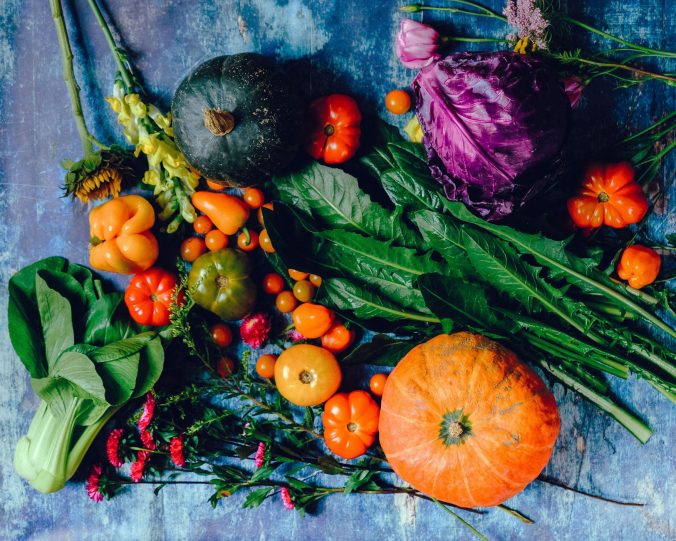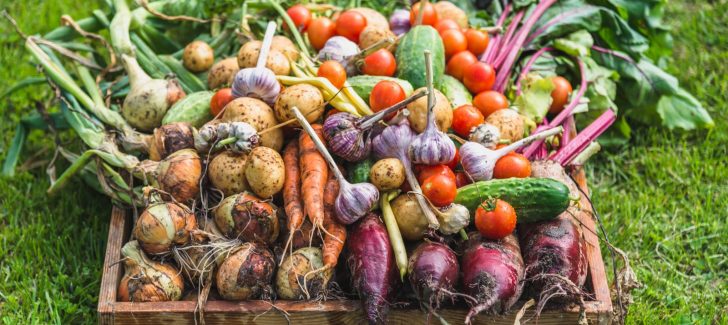
6 Tips From An Expert – Growing Organic Fruit & Veg in the UAE
Along with baking & TikTok, gardening has joined the ranks of the best things to come out of this unprecedented time of lockdown and work from home, as many of us test-out how green our fingers are. Whether you have a garden or a balcony in the UAE, you may have already tried your hand at growing your own vegetables, herbs or fruit, successfully or otherwise and if you’ve only just started toying with the idea, now is the time to learn! To help you along the way, our resident gardening expert, Mohammed Al-Dhuhouri, Founder of Local Roots UAE is on hand to offer his expert advice and wisdom! Over to you Mohammed.
Growing your own organic fruit, veggies and herbs can be a very cathartic hobby and it’s also an awesome way to ensure you have healthy, fresh food on-hand that you can trust. When you grow organic veggies, it offers an outlet to reset your mind; a place where slow, steady progress takes precedence over fast and short-lived outcomes. I will take you through the most important factors for starting an organic vegetable garden in the UAE. From suitable seasons, to selecting the right space in your garden or balcony, going through the mechanics of placing a raised bed, setting up planting containers, choosing your soil and seeds, as well as insights such as the benefits of using mulch and tips on keeping your plants healthy with organic pest control. I’ve got all the know-how to get you started and keep that flora & fauna flourishing in our desert climate.
The UAE Toolbox of Gardening Basics
 UAE’s Growing Season
UAE’s Growing Season
Click here to get the list of dates for planting the most common fruit and veg in the UAE.
Growing vegetables and fruits can be challenging in the UAE as we live in the desert. The climate is very harsh during the summertime, which makes it difficult to grow most seasonal fruits & vegetables. Understanding the climate is crucial when it comes to gardening, as it helps us to plan which crops, we will plant during the season and throughout the whole year. As the weather starts improving, growing season starts; running from October till the end of April when the temperatures start to climb. Contrary to popular belief, we actually have one the longest seasons for growing vegetables and fruits and can literally grow anything during that time with the right practice.
 Choosing Space
Choosing Space
Once you’re familiar with the dates for planting your chosen vegetables and fruits, you will need to start planning the best layout for the garden. When considering what space you will be working with, ask yourself; do I have enough space to designate an area for an organic garden, or should I use raised beds, or does my balcony accommodate for the right sized plant pots, growing bags or raised beds? The good news is, whether you live in a villa or an apartment, everyone can start growing their own organic veggies right from their homes without issues. However, the area needed for your ‘organic garden’ is entirely dependent on what you are interested in growing. For instance, if you are keen on growing mainly herbs you will need less area than growing tomatoes or cucumbers. So, it is a good idea to make a list of crops that you want to grow for your available space, and then start designing your garden accordingly.
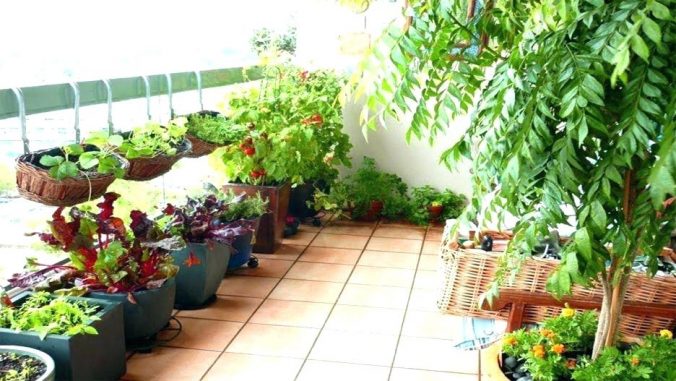
Image via: Hyattsdesign.com
Second, observe the sunlight in your space, is the area that you are working with mostly sunny or shady? Try to make a shade sketch on paper for the shade pattern throughout the whole day – plot out hour-by-hour where the shade covers. This will give you a better understanding of the sun vs shady ratio of the garden that you are planning to create. As we all know, sunlight is very essential for plant growth and some plants, such as cucumbers and tomatoes, love warmth and light so can be grown completely in the sun. On the other hand, leafy greens, such as lettuce or spinach generally require a bit more shade.
Finally, think about when you are starting your garden. If you are too impatient to wait until the growing season and want to get started now, heat tolerant and sun-loving plants such as watermelon, basil and okra will yield best results.
 Right Soil Composition
Right Soil Composition
The most common type of soil in the UAE is sand-based soil and is the kind of you’re most likely to find in your garden. Sandy soil is known for good water drainage but is poor with the essential nutrients that plants need to grow. It will require lots of soil amendments to fix. The best way to tackle this problem is to grow in raised beds or growing bags, where you have full control over soil quality. In my experience, the best soil composition should consist of a mixture – organic compost, potting soil, peat moss, perlite and sweet sand. This soil composition will help you achieve great results in your garden.
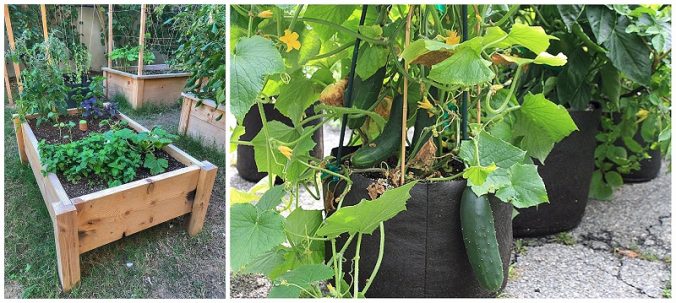
Left: Raised bed / Right: Smart Pot
 Organic Seeds
Organic Seeds
Organic seeds simply mean the have come from plants that were organically grown. In other words, they are grown using sustainable methods from start to finish. These seeds are Non-GMO, pesticide-free, not having any chemical fertilizers and grown on land that has been cultivated for at least 3 years using the standards established for Certified Organic Farming. Farmers grow flowers and veggies in this fashion and then let the plants ‘go to seed’, which is where we get our organic seeds in packets from.
Regular (GMO) seeds are not advisable to use because they have been grown and harvested from plants that were treated with pesticides and fertilizers on land that was not necessarily cultivated sustainably and can, therefore, have a bad impact on the environment.
Bottom line, it is highly recommended to have organic seeds while starting your organic garden.
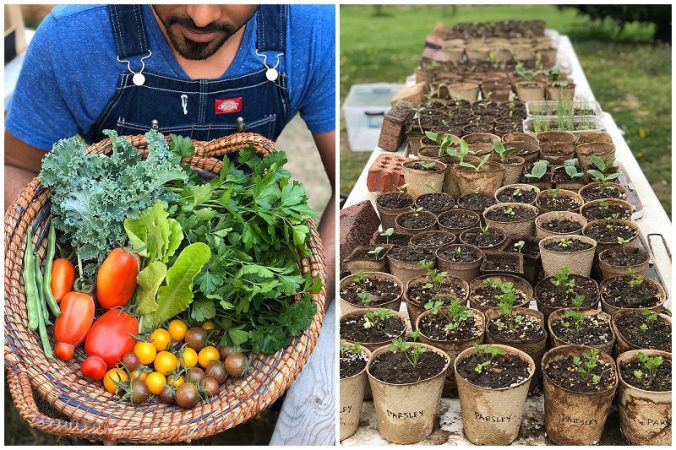
Left: Harvest / Right: Seedlings
 Using ‘Mulch’ in the Garden
Using ‘Mulch’ in the Garden
Mulch is a term for any material that is spread or laid over the surface of the soil as a protective layer.
Mulching is not a necessity, but because of the high temperatures in the UAE, it helps tremendously. It also provides substantial benefits, for instance; it is used to retain moisture in the soil, suppresses weeds, keeps the soil cooler in the summer as well as making the garden bed look more attractive. Organic mulches also help improve the soil’s fertility as they decompose.
Materials that can be used as mulch:
- Bark (shredded or chipped)
- Grass Clippings
- Newspaper
- Shredded leaves
- Straw
- Compost
- Black Bin Liners
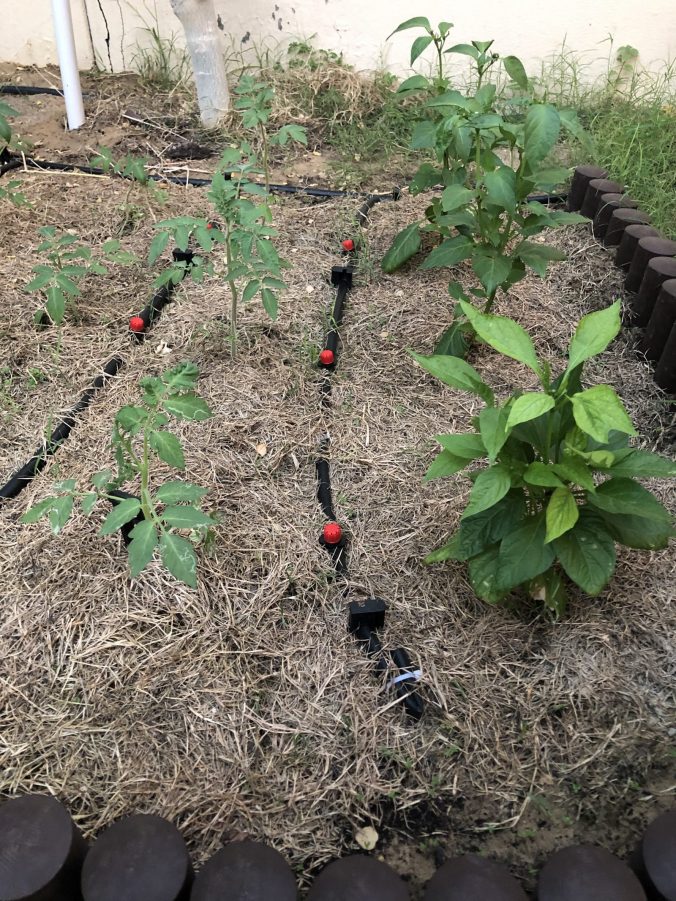
 Pest Control
Pest Control
The best way to keep pests away is to grow healthy plants and maintain a clean garden environment. There are even certain plants that can be grown together that will help to provide protection from some pests. For example; onions and basil have insect-repelling qualities which, when planted close to others, will help in protecting them from pests.
It would be nice if no pesticides were necessary for the garden, but sometimes problems do occur leaving us to use organic ones. Left unattended, insects can ravage leaves, flowers and fruits and diseases will spread quickly. When a problem is severe enough to need control, always reach for the least toxic option first. That can be removing pests by hand by wiping down leaves first or using an organic pesticide like Neem oil, an Insecticidal soap, or a Diatomaceous earth.
I hope this article has inspired my fellow Homies to consider an organic garden of their own! Stay tuned to Homeclubme.com for more tips as we get closer and closer to the growing season. Also, please feel free to ask me any specific gardening questions or topics by dropping your questions in the comments or emailing the Home Club ME team directly at [email protected]. Happy gardening!


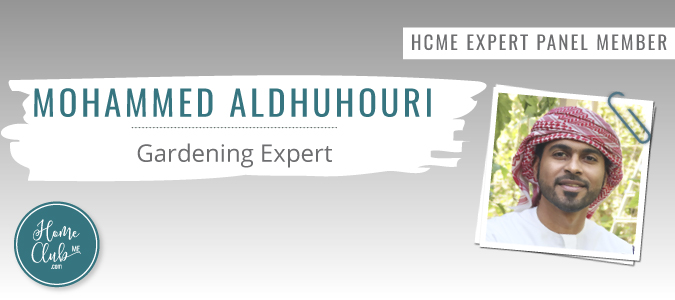
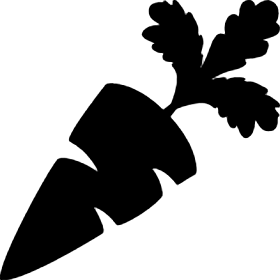 UAE’s Growing Season
UAE’s Growing Season